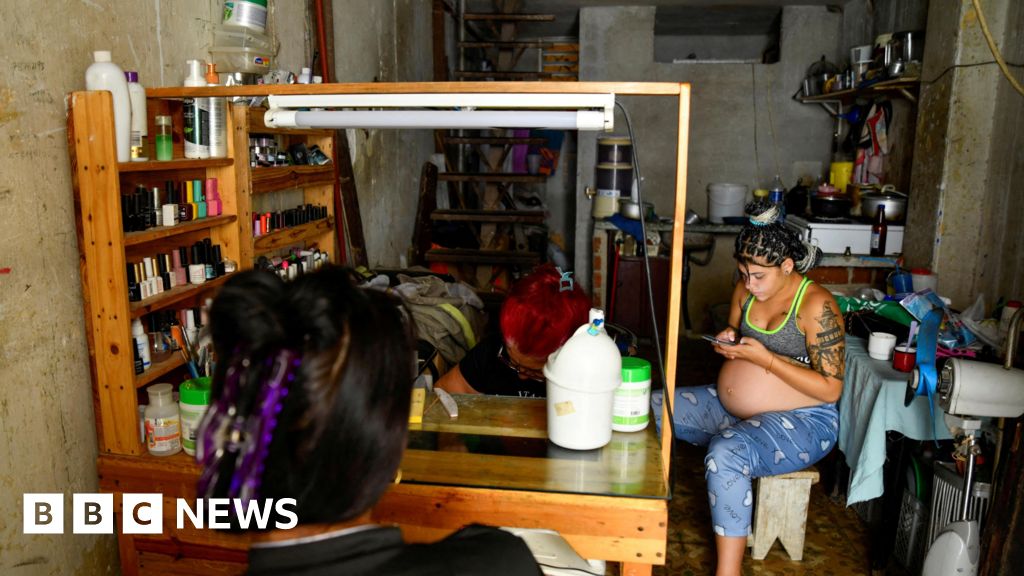Place your adverts here on InfoDig @ low rates; banner ads, sponsored links and guest articles etc. Contact us
The pan-Yoruba socio-cultural and socio-political organization, Afenifere, on Saturday, warned the Federal Government to be wary of the recent advice of the World Bank in which it prescribed the reduction in government’s support for social services in Nigeria.
Afenifere gave this warning in a statement issued by its National Publicity Secretary, Jare Ajayi, in Ibadan, the Oyo State capital.
The World Bank had stated that Nigeria must maintain its ongoing economic reforms for the next 10 to 15 years to establish itself as a leading economic power, not only in sub-Saharan Africa but also on the global stage.
According to the bank, these reforms are crucial for ensuring sustainable growth and development, allowing Nigeria to compete with other emerging economies worldwide.
The Senior Vice President of the World Bank Group, Indermit Gill, gave this advice during the ongoing 30th Nigerian Economic Summit, organised by the Nigerian Economic Summit Group and the Ministry of Budget and National Planning on Monday in Abuja.
However, Afenifere said, “First, the current administration under President Bola Tinubu would have run its terms before the ten to 15 years the presumed dividends of the World Bank prescriptions will manifest.
“Meaning that this administration may then only be remembered for the sacrifices made by the people and the attendant sufferings while another administration would take the credit for the dividends if at all. So, rather than continuing with the Bank’s policies, resort should be made to policies that boost local businesses and encourage local initiatives, thus reducing dependence on imported goods.”
He recalled that most of the countries that heeded prescriptions or conditions that these two institutions always gave ended up in worse situations than the ones that made them run to either or both institutions.
“Countries cited included Mexico, Mozambique, Ghana, Argentina, Thailand, South Korea, Indonesia, and the Democratic Republic of Congo, among others. Malaysia, which was also an applicant along with the named countries, dropped the idea because, according to its Prime Minister, Mahathir Mohammed, the conditions given by the Bank would hamper his people’s economic growth, force many businesses to close shop, raise unemployment and adversely affect people’s welfare thus engender hardships for the citizens.
“What we are saying is that while it is important to lay a good foundation for economic recovery, the models being prescribed by the World Bank and the International Monetary Fund should be no-go areas because the havoc such models have wrecked in some of the countries that applied for them.”
While commending Tinubu for his government’s determination to focus on reducing bureaucratic bottlenecks, enhancing productivity and agriculture, and encouraging entrepreneurship and innovations, the group said these noble objectives could not be met with the current situation that is making the socio-economic environment shrink.
“The cost of energy has skyrocketed. Yet, it is a known fact that energy is not just a driver of the economy; it is also a driver of health and security, based on the impact it has on these sectors. For instance, people who stressed themselves too much on the road because they could not afford transport, those who could not regulate the temperature in their homes and offices or afford the requisite energy to prepare food properly would be endangering their health conditions.
“In the same vein, high cost of energy- fuel, electricity, gas, diesel, gasoline, etc. are forcing a lot of people out of business. And, as is known, the crime rate is always high where the unemployment rate is high, thus inducing insecurity and banditry.”
Afenifere further called for home-grown policies that will boost local businesses, encourage innovation, and reduce the heavy reliance on importation, which is currently the case.















 English (US) ·
English (US) ·